Pay360 review: Open Banking, Variable Recurring Payments wrangles and the impact on retailers
The Open Banking to open finance roadmap in the UK and its future impact on retailers, as new tools like Variable Recurring Payments (VRPs) and new means of connectivity and data exchange proliferate, was debated at the Pay360 trade show in London this week by the British Retail Consortium (BRC), Payment Systems Regulator (PSR), banks, and others.
The moderator for the conference session, David Parker from the Payments Association (PA), organisers of the show at the ExCel arena in London, started proceedings by stating that: “We all want an Uber like experience at checkout” and then wondering if VRPs can deliver this?
Potentially they can because VRPs let customers safely connect authorised payments providers to their bank account, using open application programming interface (API) protocols and Open Banking regulation, so that they can make payments easily on the customer’s behalf, in-line with agreed limits.
They offer more control and transparency than existing alternatives, such as direct debit (DD) payments, but are yet to get off the ground in the UK.
Unfortunately, VRPs are stuck in what Andrew Self, Senior Policy Manager at the PSR, termed Open Banking “Phase 1” arguments among the participants in the UK’s financial services landscape. These centre around:
What the commercial model should be?
and the dispute resolution mechanism, in case any of the fast VRP payments need to be returned. Where the liabilities lie, and who pays, is currently under fierce debate.
Credit card schemes offer protections that no other payment mechanisms do, and DDs have evolved dispute mechanisms too. But protections and resolution procedures come at a cost. If you replicate it in some way VRPs might become too expensive or slow, negating their potential.
“We do need a dispute model however,” said the PSR’s Self. “We’ve told the industry to get on with these frameworks quickly by the end of the year.” He added that: “I hope we can set out the next Phase 2 era in July 2024.”
The Joint Regulatory Oversight Committee, which will stipulate who takes over from Open Banking Ltd, in driving forward adoption, published an update in December 2023 about the progress it has made on delivering the Phase 2 vision it set out in April last year.
Open Banking Phase 2 difficulties
Getting VRPs going in the UK and moving the country forwards to fully embrace all aspects of Phase 2 Open Banking – where there is more widespread adoption, and a proliferation of data centric tools, services and Open Finance options pertaining to bills, data-sharing for credit purposes, and so on – is proving difficult.
Other countries are catching up, or overtaking, the UK’s once pioneering roll-out of Open Banking, which was mandated by the Financial Conduct Authority when it forced a standardised access protocol on the so-called CMA9 group of big banks in the country.
The regulator made Barclays, NatWest, Lloyds Banking and all the other big UK players open up their APIs to easily allow calls for data to be made by third parties, thereby driving competition, innovation and so on as customer data was no longer retained behind a bank wall.
The history is clear. But the time to move on to get the full benefits of Open Banking is now here.
Moderator Parker shared one of the impediments to progress when he question why the proposed cost of any chargeback differed so much between card schemes, banks and FinTechs.
“Why are FinTechs potentially paying four times as much,” he said, adding “I happen to know the detail of the pricing arguments.”
Parker also mentioned a Guardian newspaper report that just before the Pay360 event opened revealed a cash injection is being sought from banks by the UK government to fund the existing Open Banking Ltd entity, which oversees innovation in this area.
Beneficiaries being asked to contribute to an overseer’s running costs is “unusual”, he said jokingly, while inferring that perhaps Apple Pay and other may like to contribute alongside the banks.
British Retail Consortium gives industry view
Hannah Regan, Financial Policy Lead at the BRC, joked that she was: “Just happy that retailers asked being asked to pay for once! Merchants aren’t directly involved in the pricing debate at present but are worried that the cost of taking a payment back may fall on them.”
Whether merchants should incentivise VRPs by offering discounts at the checkout, reflective of their cheaper price, wasn’t discussed. As Regan said: “As merchants aren’t in this Phase 1 debate at present, there is a feeling that retailers won’t bother with Open Banking just yet.”
This is a shame considering the many benefits it potentially offers in terms of easier payment acceptance mechanisms, aggregation of volume to achieve efficiencies, credit options at the online checkout, once customer’s data can be instantly and easily viewed and accessed online, and so on.
The envisaged UK New Payment Architecture (NPA) may solve some of these questions.
“But it is paused, awaiting HM Treasury’s response to the banking feedback it received after Joe Garner’s Review, said fellow panellist, Hayley Viner, Director of Payments at Zopa Bank.
One respondent’s feedback to the Call for Input about the pathway ahead, Barclays, is available to view online.
Retailers on the sidelines
The aim of all the debates, regulatory wrangles, and arguments, is to enable easy Open Banking powered payments and data services for retailers.
“Does Phase 1 do this? No,” said Jana Reid, at the FinTech TrueLayer, where she oversees bank and industry strategic partnerships. “I think the focus should be more tightly on e-commerce initially.”
“Banks also need to solve how to risk manage VRPs and Open Banking and sell it internally, which isn’t easy, as it disrupts their cash cow,” said TrueLayer’s Reid.
“I don’t want to spend ten years building a liability framework or sorting out payment chargebacks,” she added. “Just get on with it.” Amen to that sister.
Unlocking the stalemate
One way to unlock the stalemate, might be “to accept there are different risks – and therefore prices – for an Uber versus an independent retailer – and move things forward that way,” said Reid, while more optimistically adding that the industry shouldn’t be too hard on itself.
“After all, payment APIs have been working since Q2 2019 in the UK,” she said. It is time now, however, for Phase 2 of the revolution to begin.
“Rewards could be a really good way to drive consumer adoption of Open Banking,” said the BRC’s Regan, while we await the fundamental issues that are holding it back at present to be resolved.
“The exciting bit of Open Banking is to bring everything together – rewards, payments and everything – as you do in the e-commerce world at the moment.”
The excitement is on hold at present. But the future looks bright once the regulatory wrangles are resolved.







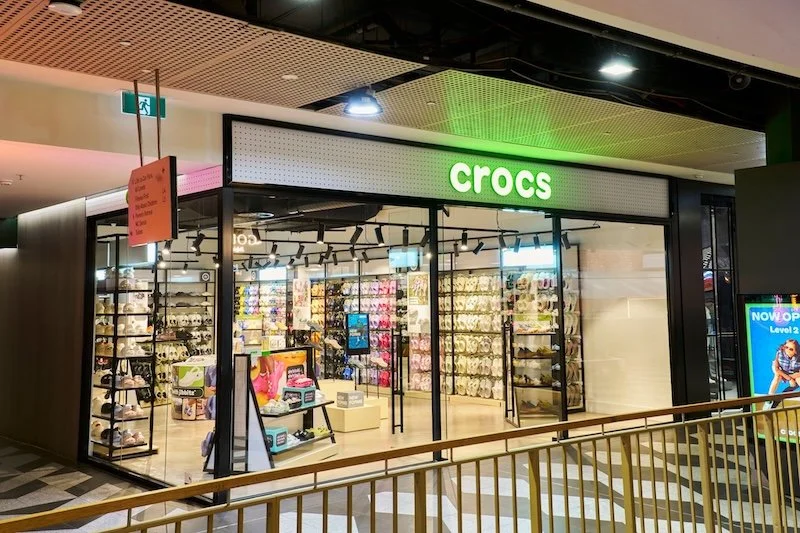
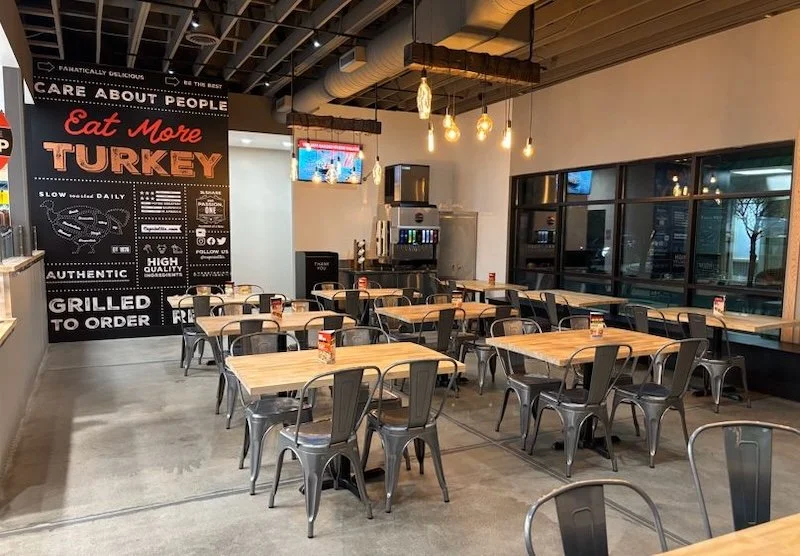
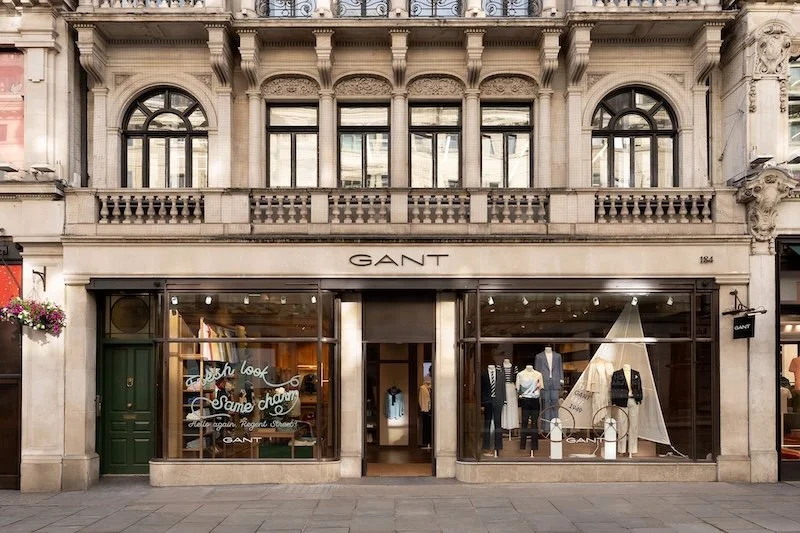
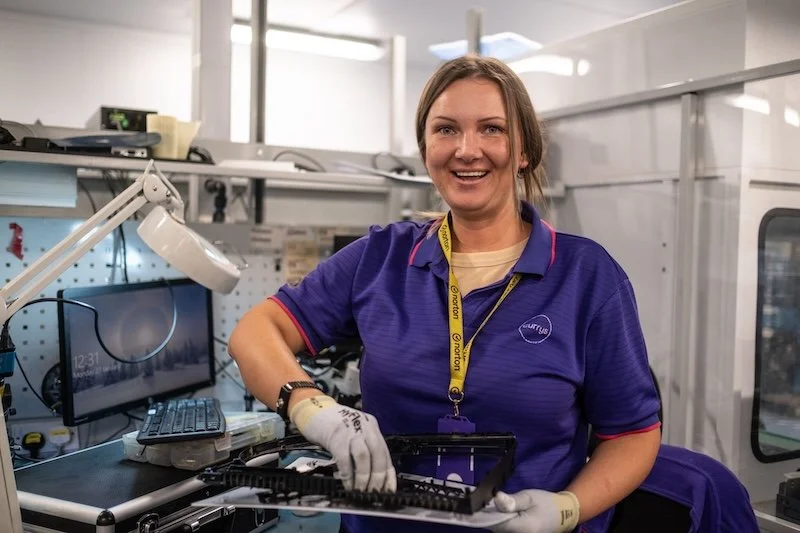





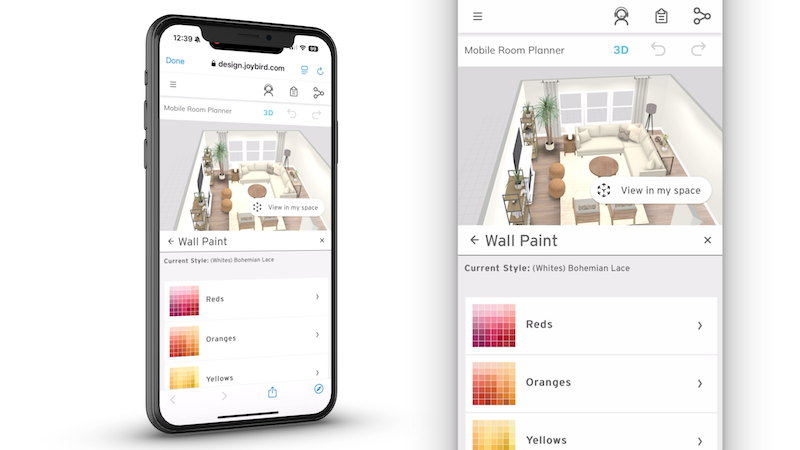

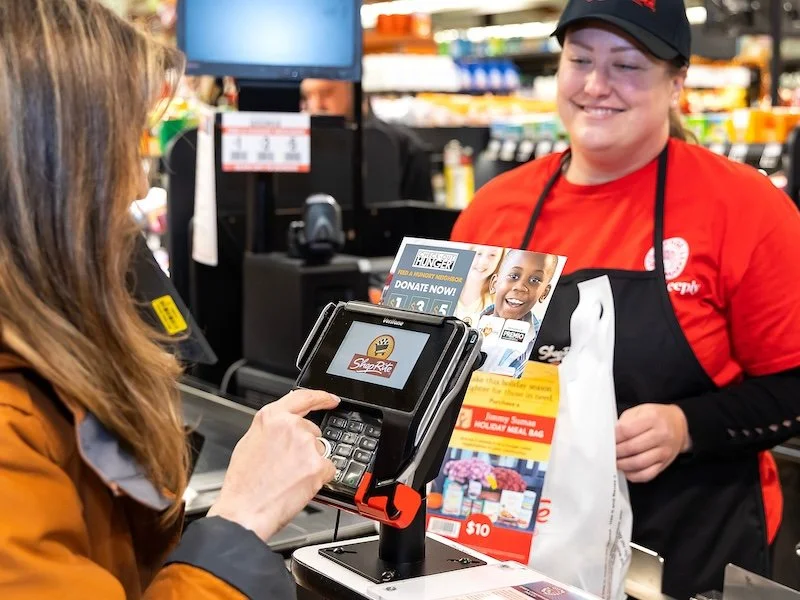
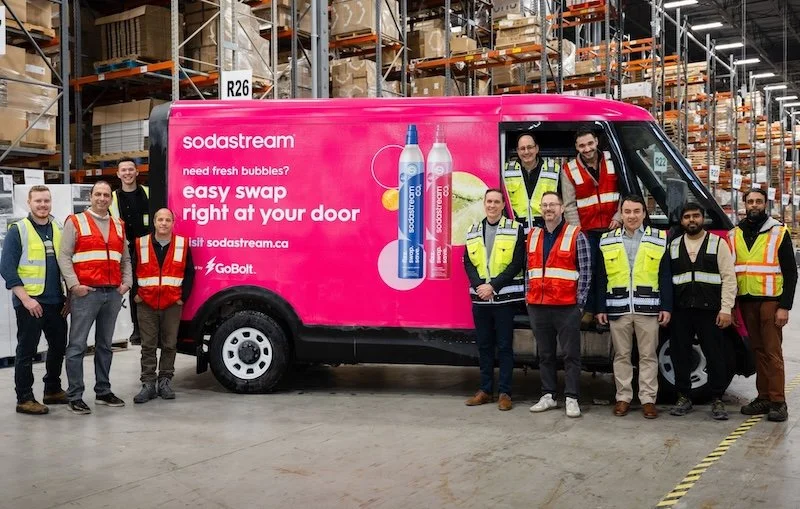



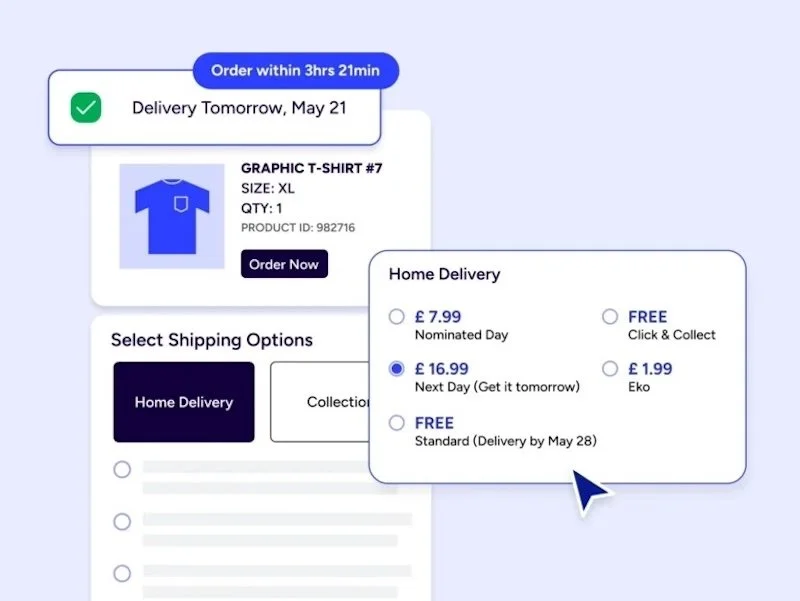







Continue reading…